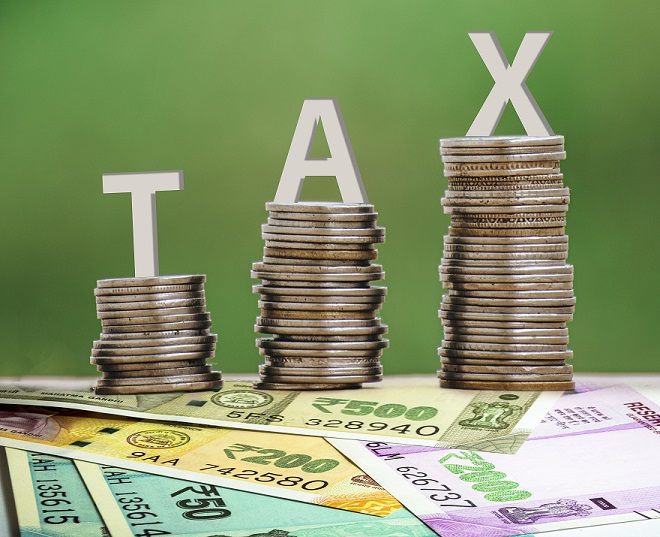 This quote from Aristotle, one of the wisest men in history, is very relevant for an Indian stock investor now. Successful investors know that patience pays in the long run. During adverse times, when stocks are attractively valued, they buy aggressively and during uncertain times they continue to invest systematically. This calm and cool behaviour, experience tells us, is rewarded handsomely when good-times inevitably arrive. This time-tested successful strategy, unfortunately, is not well appreciated by a large number of new entrants into the market. They assess the returns from investment during the last six months, 1-year or 2-years; compare the returns from other asset classes during this short period; feel disappointed and stop investment. Worse, many investors sell and exit from the market at the wrong time.
This quote from Aristotle, one of the wisest men in history, is very relevant for an Indian stock investor now. Successful investors know that patience pays in the long run. During adverse times, when stocks are attractively valued, they buy aggressively and during uncertain times they continue to invest systematically. This calm and cool behaviour, experience tells us, is rewarded handsomely when good-times inevitably arrive. This time-tested successful strategy, unfortunately, is not well appreciated by a large number of new entrants into the market. They assess the returns from investment during the last six months, 1-year or 2-years; compare the returns from other asset classes during this short period; feel disappointed and stop investment. Worse, many investors sell and exit from the market at the wrong time.
Patience is not just waiting for good times. Patience is the calm acceptance that things can happen differently from what you had expected. Corporate earnings during the last five years have not been on expected lines. Even though Nifty and Sensex are near record levels, the fact is that this is a very narrow rally driven by 10 to 12 large-caps, which are doing very well and have good earnings visibility. Broader market has done poorly and the returns, including from mutual funds, have not been good. Market, in the long run, is a slave of earnings. Poor corporate earnings have impacted returns. But then, such periods of poor returns are normal, and are often followed by periods of attractive returns. Let us learn from history.
The base year of Sensex is 1979. From the nominal value of 100 in 1979, it took Sensex 11 years to touch the 1000 mark in 1990. Then it took 16 years to reach 10000 in 2006. Then, in one of the spectacular bull-runs in history, it doubled in around one-year, to touch 20000 in December 2007. From the peak of 20000 in 2007 it took another 12 years for the Sensex to double to 40000 in 2019. In Sensex’s journey from 100 to around 40000 now, there were ferocious bull rallies, big crashes and some periods of painful stagnation. The bull markets of 1991-92, 1999 and 2007 were sharp and ferocious. The crashes of 1992, 2000 and 2008 were sharp and devastating. During the five-year period 1994-99, the market almost stagnated and didn’t give any returns at all. Investors should understand the cyclicality of the market and returns. Returns from investment will not come in a steady and consistent trend. Returns come in ebbs and flows.
Presently we are going through a period of sub-par returns, which will certainly be compensated by sharp spurt in earnings to follow. Perhaps we will have to patiently wait a bit longer for that. But, as Aristotle said, “the fruit of that bitter patience will be sweet.”










